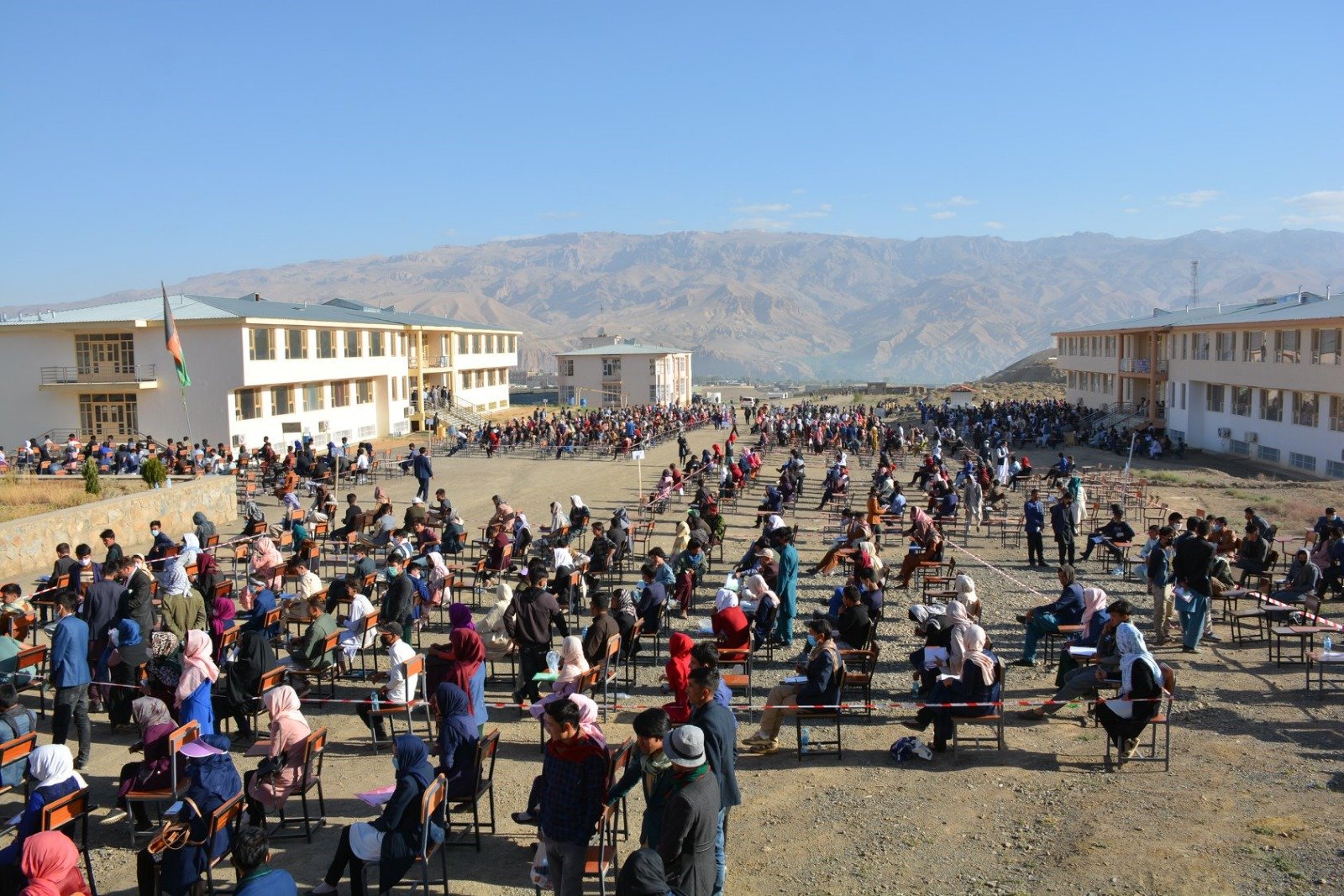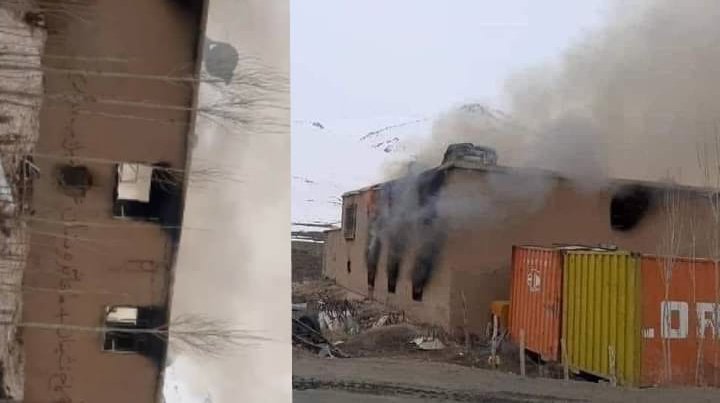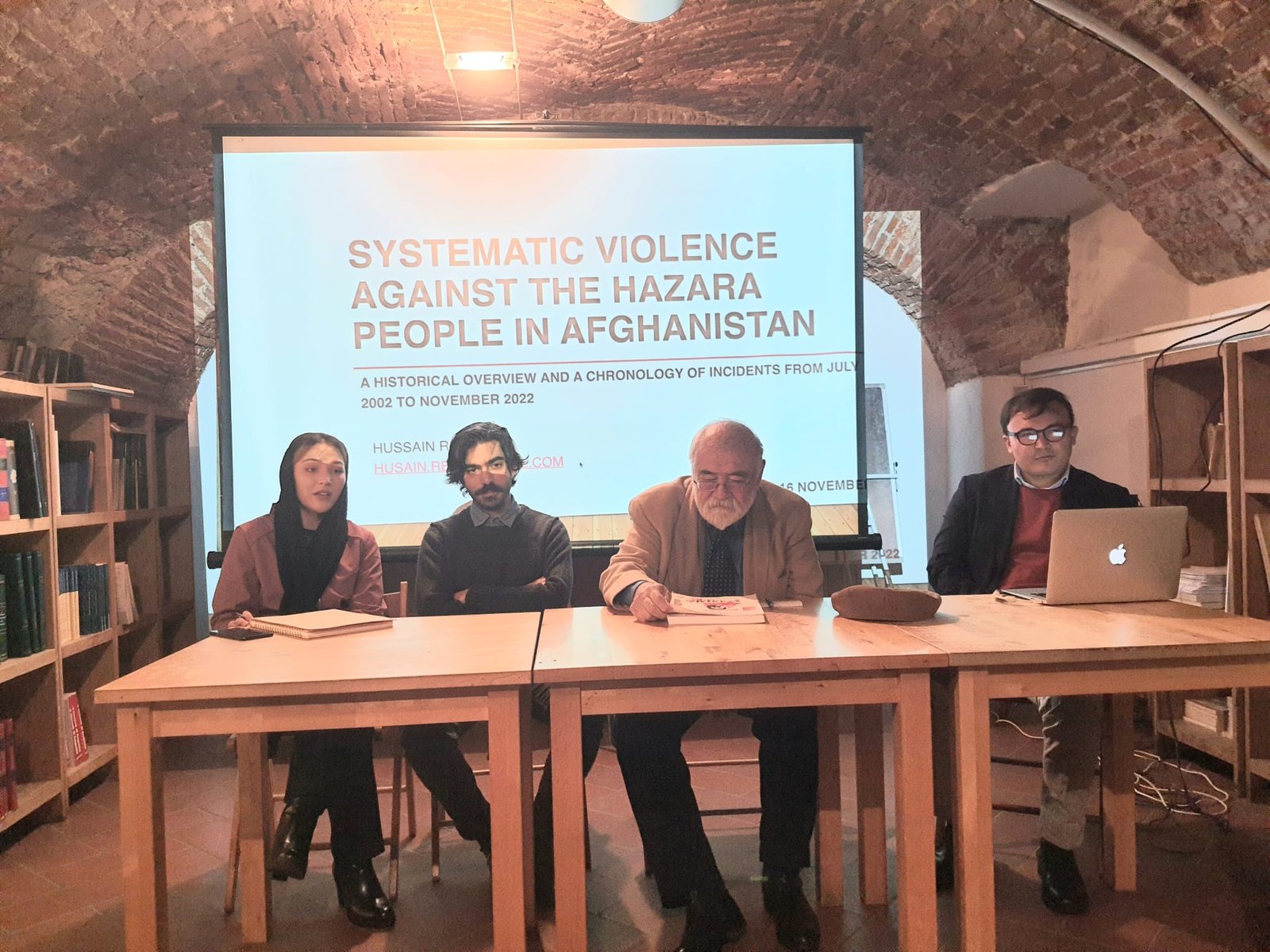This is the exceptional situation of Hazara in Afghanistan.
By: Dr Salim Saay, Lecturer of Immersive Software Engineering(ISE) at the University of Limerick, Ireland.
Afghanistan is a country where people have suffered a lot for a long time. There are individual and collective killings in every corner of the country. But the systematic and genocidal killings of Hazaras over the last one hundred years make the situation of Hazaras exceptional. Now Hazaras are being killed by various terrorist groups.
1- Several Taliban groups killed Hazaras because of their race and cultural differences. (a) Three years ago Mullah Niazi, a senior figure in the Taliban, announced that his men were killing hundreds of Hazaras on the border with Iran. (b) In 1998, when the Taliban captured Mazar-e-Sharif province, they searched for Hazaras from house to house, and separated them from other ethnic groups and killed them. (c) 25 years ago, during the first Taliban regime, hundreds of Hazaras were killed by Taliban forces on their way from Kabul to Kandahar in an area called Kandi pusht. The Taliban stopped the cars and buses, searching for Hazaras. Are confirming the identity of those stopped they killed those Hazaras . (d) Again, 25 years ago, the Taliban imposed a food embargo on Hazara areas. In 1998 Taliban closed the roads connecting Hazara provinces to the cities and people could not buy food from cities such as Ghazni and Kandahar, they could only use local facilities. (e) The latest attack, on September 30, 2022, in an educational centre, killed 53 young Hazara girls and injured more than 100. No group has claimed responsibility for this incident. The Taliban publicly condemned this attack but they have not provided any security to Hazaras and still have suicide groups.
2- ISIS kills Hazaras because of their religion. In the last twenty years, ISIS attacks have taken place in educational centres, gymnasiums, and schools, and they have officially acknowledged carrying out these attacks.
3- There are many local terrorist groups in Afghanistan. Some of them are still committed to the following Amir (King) Abdur Rahman. He started a war and massacre of Hazaras in 1890. 65 % of Hazaras were killed, sold as slaves or forced to leave Afghanistan permanently due to the war, and now they are scattered in different countries around the world. The order to engage is warfare was issued by the Amir, and had the support of the Maulvis (religious leaders). This meant that the killings of Hazara was not considered a crime, but it was also not considered a sin. This culture still exists, and most extremist groups justify the killings of Hazaras with this same ideology.
4- The killing of Hazaras was not condemned by any national government, including the Taliban or the republican government of the last 20 years. There have been hundreds of collective killings by the Taliban. After the government of Abdur Rahman, many other governments formed with different structures, but none of them officially condemned the actions of Abdur Rahman. In many cases they praised Abdur Rahman as the founder of the centralized government.
5- The international community shockingly ignored this issue from the time of the Amir’s order and even during subsequent the massacres over the last hundred years. Although there has been academic and case study research in recent years, there is still no practical action to recognize the killings of Hazaras as genocide, and nothing has been done to protect this vulnerable community. Astonishingly, the international community recently requested the Taliban, a terrorist organization, to protect Hazaras.
The above-mentioned cases make the situation of Hazaras exceptional, compared to other ethnic groups in Afghanistan.
1. We call on the United Nations and the broader international community to recognize the systematic attacks against the Hazaras in Afghanistan as a crime of genocide. These attacks bear the hallmarks of the crime of genocide as per the UN Convention on the Prevention and Punishment of the Crime of Genocide.
2. We call on the United Nations to urgently form a Commission of Inquiry into the genocide of Hazara people in Afghanistan. The Commission should have the full mandate to investigate, gather information and report to the United Nations on their findings, and to recommend specific measures to stop and prosecute the crimes of genocide against the Hazara people of Afghanistan.
3. We call on all countries in the international community to take urgent measures for the protection of Hazaras in Afghanistan, by creating an internationally assisted and monitored self-defence mechanism.
4. We call on the International Criminal Court to open a case on the atrocities faced by the Hazara people in Afghanistan and to investigate the genocide against Hazaras.
5. We call on all countries to prioritize the resettlement of Hazara refugees as a special group of highly vulnerable people under serious threat of genocide in Afghanistan.



